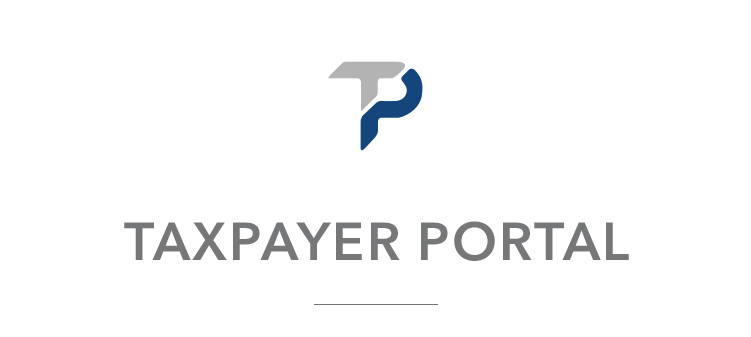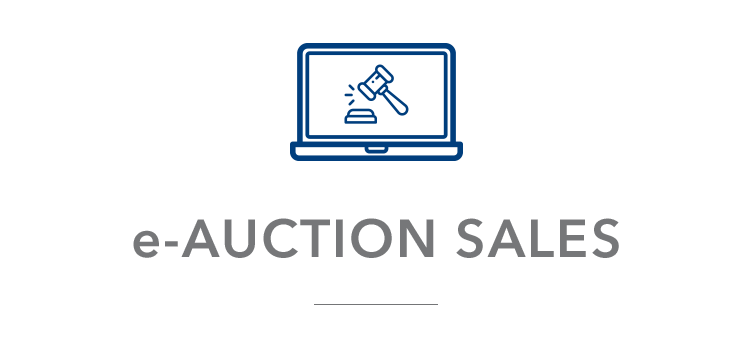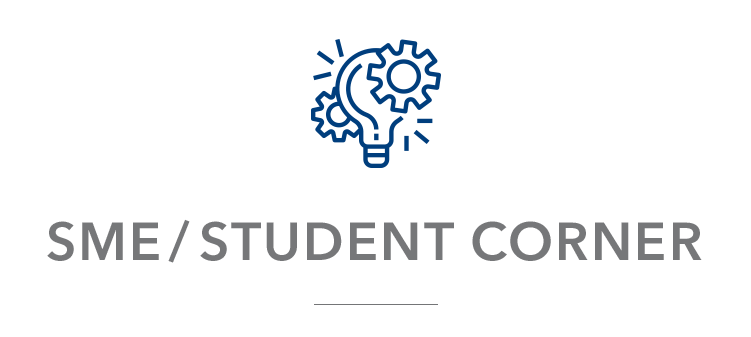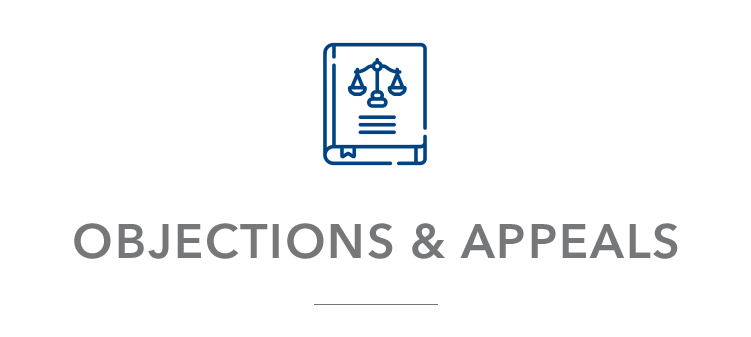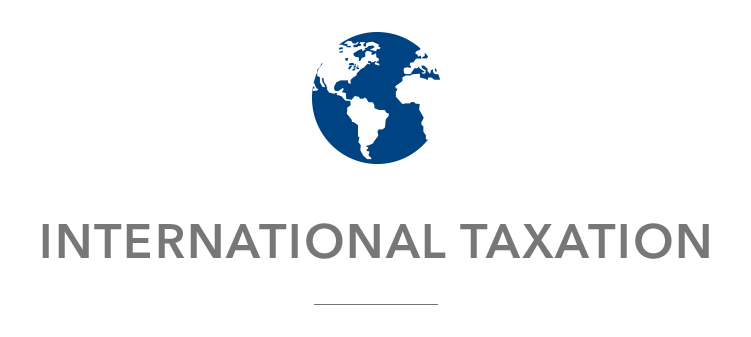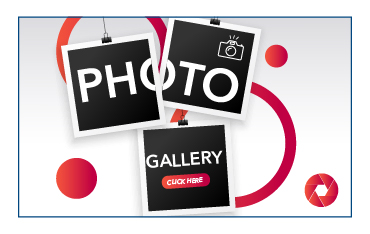Securities / Bank Guarantees
Bank guarantee / security shall be required for the following reasons:
- For covering excise duty on excisable goods stored at the manufacturer's premises (security/bank guarantee in such amount as the Director-General may require);
- For securing payment of excise duty due (deferred payment) and for ensuring compliance with the Excise Act (bank guarantee in such amount as the Director-General may deem necessary);
- For exportation of excisable goods on which duty has not been paid – to ensure that the goods are exported as directed;
- Possession of a water still duly registered (Bank guarantee/Bond for the sum of Rs 10,000 per still shall be required).
Licences
- Licences
- Part 1 Licences
- Part 2 Licences
- Part 3 Licences (Occasional Licences)
- Obligations of Licencee
To be able to deal (distil, manufacture, bottle, sell, etc) with excisable goods (alcoholic products, cigarettes, beer, essential oils and essences, perfumed spirits, etc.), one needs to hold a particular licence delivered by the Licensing Authority (MRA- Customs, Excise Section). There are 3 types of licences: Part I, Part II and Part III licences each of which has its specific utility. Part I licence is necessary for distilling/bottling, manufacturing, bottling and wholesaling excisable goods and is delivered by the Excise Section-MRA. Part II licence concerns retailers, night clubs, gaming houses and wholesaler (cooperative store) and is delivered by the MRA-Headquarters. Part III licence is an occasional licence delivered by the Excise Section for the selling of alcoholic products in events like horse racing day, concerts and fairs
Part 1 Licences
The following operations can be carried out upon payment of a Part I licence fee:
- To bottle liquor imported or purchased in bulk
- To manufacture and sell beer, shandy, cider, perry and other alcoholic beverages
- To sell by wholesale to a retailer of liquor and alcoholic products
- To distill/bottle alcoholic products
- To distil at his factory alcohol and liquor
- To manufacture from the products of his distillation for sale alcoholic products, matured rum, matured liquor, matured alcohol, alcoholic beverages, spirit vinegar and denatured alcohol. To manufacture liquor or bottle imported liquor or purchased in bulk
- To sell at his factory:
- to a distiller-bottler alcohol and liquor whether matured or not in containers of not less than 200 litres; and
- to a manufacturer of alcoholic products, alcohol,; whether matured or not in containers of not less than 200 liters
- alcohol for use in the manufacture of other products.
- To manufacture and sell alcoholic products
- To manufacture and sell cigarettes and other tobacco products
- To manufacture and sell fruit wine, wine, fortified fruit wine, fortified wine and vinegar
- To manufacture and sell essential oils and essences
- To manufacture and sell medicinal tinctures and drugs to pharmacists only
- To manufacture and sell motor cycles
- To manufacture and sell motor vehicles
- To manufacture and sell perfumed spirits and cosmetics
- To manufacture and sell spirit cooler
- To bottle and sell water
- To manufacture and sell carrier bags with handles and with or without gussets including vest type carrier bags
- To manufacture and sell island recipe rum
- To manufacture and sell soft drinks
Procedure for obtention of a Part 1
The applicant shall submit at the Excise Office an application to the Director General for the issue of a Part I Licence on the prescribed form with the relevant documents (copy of NIC, copy of site plan, layout of premises and location of apparatus and equipment). The Team Leader (excise section) will visit the location to ensure that the prescribed conditions in relation to the premises are fulfilled. Clearance from the Commissioner of Police is one of the pre-condition for the approval and issue of the licence.
If all the prescribed conditions are satisfied the applicant is called at the office for payment of the licence fee, as per specified in the Second Schedule of the Excise Act 1994.
If the prescribed conditions have not been fulfilled (negative report results from the site visit), the applicant shall be informed accordingly and no fresh application shall be considered before 6 months from the date of refusal or rejection of the application. The applicant shall take remedial action before another site visit is effected.
When a licence is due to expire, the Licensee will be informed in writing and he applies its renewal on the prescribed form before the expiry date (any licence renewed more than 14 days after the date of its expiry shall attract a surcharge of 50%). Together with the application for renewal he should bring along the expired licence and a fresh bond. Upon payment of the Licence fee (renewal), the Cashier will issue a payment receipt to the licensee, which will have to be produced at the Excise Office.
Renewal must be made within 2 months after expiry of the licence and no fresh application will be entertained during a period of 6 months from the date of refusal.
Part 2 Licences
Applicants who wish to obtain Part II licences shall make an application to the Director General on the prescribed form as per Fifth Schedule of the Excise Regulations1994Notice of application shall be published by the applicant in the Government Gazette and in two daily newspapers and notice of the application shall be posted in a conspicuous place at or near the premises in respect of which the licence is applied for, within 7 days from the date of submission of the application.
The following businesses can be carried out under Part II licences upon payment of the appropriate licence fee:
- Retailer of liquor and alcoholic products (Cooperative Store);
- Wholesale dealer in liquor and alcoholic products (Cooperative Store);
- Retailer of liquor and alcoholic products (On & Off);
- Retailer of liquor and alcoholic products (Off);
- Retailer of beer, shandy, cider, perry, spirit cooler and other alcoholic beverages;
- Commission agent (liquor);
- Retailer of liquor;
- Ship chandler (liquor and alcoholic products);
- Retailer of liquor and alcoholic products (Hotel);
- Retailer of liquor and alcoholic products (Boarding House);
- Retailer of liquor and alcoholic products (Restaurant);
- Theatre or cinema (liquor) Retailer;
- Airport refreshment room (Retailer of liquor and alcoholic products);
- Retailer of liquor and alcoholic products (Private Club);
- Night club (liquor) Retailer; and
- Retailer of liquor and alcoholic products (Gaming House) - To be issued to holder of a licence of Gaming House under the Gaming Act.
Any application for renewal of a Part II licence should be made within 2 months after the date of expiry. Any person may object to the renewal by a written notice to the licensing authority. The notice of objection should reach the licensing authority 21 days before the expiry of the licence.
Transfer of Part 1 & Part 2 Licence from 1 operator to another
Applicant shall make his application to the Director General on the prescribed form (Second and Fifth schedule respectively of the Excise Regulations 1994). The applicant receiving the licence shall subscribe a bond.
A Part 2 license cannot be transferred from one district, town or village from that of the licensed premises.
Where proceedings are instituted for an offence under a Part I or part II licence, mo application for the transfer of the licence will be entertained until the proceedings have been determined.
Part 3 Licences (Occasional Licences)
Application for the issue of a Part III licence shall be made to the licensing authority in the prescribed form (Sixth Schedule Excise Regulations 1994) and the licensing authority, may after consultation with the Commissioner of Police and subject to the other provisions of the MRA Excise Act/Regulations, issue the licence.
- A licence as Retailer of liquor and alcoholic products (Occasional) shall not be issued for a period exceeding 12 hours (e.g. fancy fair, parties, horse racing etc)
- A licence as Retailer of liquor and alcoholic products (Restaurant) shall not be issued for a period exceeding 3 hours.
Licencees should comply with certain obligations. These are listed below:
- A signboard bearing the name and surname of the licensee and the nature of his trade or business shall be displayed in a conspicuous place at the licensed premises or factory.
- A notice bearing the words as per Section 15 of the Excise Act 1994 shall be displayed.
- A licensee shall not sell any liquor, alcoholic products, beer, spirit cooler, fruit wine, fortified fruit wine, wine or fortified wine to, or allow such goods to be consumed at his licensed premises by, any person under the age of 18 years.
- A licensee shall comply with such other obligations as may be prescribed.
Any licensee who does not comply with the above obligations shall commit an offence and shall, on conviction, be liable to a fine not exceeding Rs 50,000 and to imprisonment to a term not exceeding 2 years (Section 15 MRA excise act).
IMO - FAL (International Maritime Organisation - Facilitation)
The IMO concept is a set of directives which simplifies maritime transport by standardising certain basic reporting formalities that ships have to fulfil when arriving in and/or departing from ports.
Since July 2023, The Mauritius Ports Authority (MPA) has digitalized the vessel clearance process through the introduction of the Vessel Clearance System whereby the agent can submit all the IMO FAL forms, Certificates and other required documents pertaining to arrival, inspection and departure of vessel in Port Louis Harbour.
Refer to Protocol for entry and departure of Vessel in Port Louis available on the MPA website on the following link http://www.mauport.com.
The IMO FAL (International Maritime Organisation’s Facilitation) forms can be listed as follows:
-
Form 1 (general declaration)
-
Form 2 (cargo Declaration)
-
Form 3 (ship’s stores declaration)
-
Form 4 (crew’s effects declaration)
-
Form 5 (crew list)
-
Form 6 (passenger list)
-
Form 7 (dangerous cargo manifest)
FAQ's - Visiting Crafts
- I am the owner of a yacht, I want to know whether there is any charges imposed by customs or other authorities for boarding purposes?
No charge is imposed by Customs for the clearance of incoming and outgoing yachts.
Kindly refer to Protocol for entry and departure of Vessel in Port Louis available on the MPA website on the following link http://www.mauport.com. -
Is it essential for me to wait for the Health and Quarantine officer in the yacht?
Yes, before boarding by the Health Officer boarding it is recommended the Master and every crew member/passenger to remain on board.
-
Is it important to mention the previous ports where I have called?
It is important to mention your previous port you have called when making the declaration through either your appointed agent or the harbour Radio who will insert your arrival credentials in the VCS (Vessel Clearance System).
-
After Customs clearance from the port of entry, can I go anywhere in Mauritius?
Any yacht once cleared by all authorities is allowed to leave port and move to any other mooring place around the island. However, the duration of stay and place of stay will have to be clearly indicated on the Declaration by Master/Owner of Pleasure Boat- Form 20 which shall be approved by the Boarding officer and handed over to the yacht master/owner at time of boarding.
Customs must be notified of any change in the duration of stay and a mail must be sent on the following address:
-
What is the maximum amount of days may I stay in Mauritius with my Yacht?
Any foreign yacht is allowed to stay for a period of 3 months as from date of arrival. A security in form of a Bank guarantee or office cheque to cover the duties, taxes as per Regulation 26 of the Customs Regulation will have to be submitted if the Yacht will stay beyond 3 months.
If a pleasure boat fails to leave Mauritius at the expiry of the authorised period then the security/bank guarantee shall be realised.
-
Is a manifest report necessary if a ship/aircraft does not have any Cargo destined for Mauritius?
Yes, a manifest report from the port of loading should be submitted to Customs even if none of the goods on board is destined for Mauritius.
Aircrafts
There are two main types of commercial aircrafts:
- cargo planes also known as freighters which are designed for the carriage of goods rather than passengers, and
- passenger planes which carry passengers as well as goods.
Procedures for aircrafts landing in Mauritius from foreign airport are more or less the same as compared to marine vessels.
That is the information that should be submitted by the agent to Customs are as follows:
- Aircraft’s inward Manifest that is a declaration by master of:
- All goods on board (Cargo)
- Goods intended to be landed in Mauritius
- Goods intended for transhipment
- Goods kept on board for other airports
- Arms and ammunitions and allied products
- Passenger manifest:
- Passengers on Board
- Passengers intending to Depart from the aircraft
- Passengers intending to Board the aircraft
- Crew manifest according to nationality
- Stores List
- Parcel List
- Controlled Drugs List
- Last Ports of Call
Submission of report:
The report should be submitted, in the case of an aircraft, where the flight duration:
- does not exceed 4 hours, at the time the wheels of the aircraft reach its body after take-off;
- exceeds 4 hours, not later than 4 hours before arrival



















